In a vibrant convergence of global leaders and advocates, Nairobi played host to a groundbreaking regional summit on Thursday, focused on “Persons with Disabilities in a Post-Pandemic World.”
This summit, which brought together the UK Government, Secretary to the Cabinet Mercy Wanjau, and the African Disability Forum (ADF), aimed to confront the pressing challenges faced by persons with disabilities (PWD) in Africa, setting the stage for the much-anticipated Global Disability Summit in April 2025.
The summit emerged as a beacon of hope and innovation, reflecting on how advancements in technology are reshaping opportunities for PWD. With the pandemic accelerating technological progress, assistive technology has become a critical tool in bridging the gap towards inclusivity.
The UK’s commitment demonstrated through the launch of InnovateNow, Africa's first assistive technology accelerator, underscores this effort.
This initiative supports a burgeoning ecosystem of startups with expert guidance, live labs, and mentoring, while also partnering with Shujaaz comics to feature characters with disabilities, challenging stereotypes and reducing stigma.
Read More
The impact of these technological strides was evident in Kenya’s own Digital Access Programme, which has significantly improved digital access to government services, such as the e-citizen platform.
More than 10,000 PWD and senior citizens have gained vital digital skills, thanks to this initiative, which represents a leap towards more inclusive governance.
Wanjau delivered a compelling address at the summit, reflecting on Kenya's ongoing commitment to disability inclusion.
“Alongside the UK, having started the inaugural disability summit in 2018 we remain committed towards disability inclusion. I applaud the Africa Disability Forum for convening this forum as it calls us to a pivotal moment of reflection," Wanjau stated.
"Prioritising accessibility and equity in a post-pandemic world, will definitely contribute meaningfully to a shared future.”
Wanjau emphasised that, according to the 2019 Census, 2.2 per cent of Kenyans—approximately 900,000 individuals—live with disabilities.
She highlighted the significance of these efforts in achieving Vision 2030 and showcased progress in digital accessibility.
“As Chair of the e-Citizen Implementation Committee, I am proud to share that following our 2023 accessibility audit of the e-Citizen platform and State House website, key improvements are being implemented to address challenges people with disability face when accessing the internet and government digital platforms. Today’s demonstration showcases our progress in ensuring all Kenyans, including those with disabilities, can access these vital government services.”
Dr Jacqueline Owigo from the British High Commission echoed the summit’s collaborative spirit, asserting, “As we look ahead to the third Global Disability Summit next year, the need for collaboration has never been more urgent. Governments, the private sector, civil society, and international partners must come together, to create a more inclusive and equitable society.”
A highlight of the summit was the discussion of the Inclusive Futures initiative, a UK-funded programme led by Sightsavers and the International Disability Alliance.
This initiative has garnered substantial support, with county governments pledging Sh300 million (£1.8 million) to develop over 250 inclusive early childhood development centres by 2027.
This commitment promises to enhance educational opportunities for thousands of children with disabilities. Additionally, more than 7,500 PWD have been empowered to build successful businesses and secure stable livelihoods.
Moses Chege, Sightsavers’ Country Director in Kenya, highlighted the urgency of continued efforts, noting: “Despite some progress in recent years, people with disabilities are still being left behind. As we look towards the Global Disability Summit in Berlin in April 2025, we must urgently turn attention towards people with disabilities – who make up 16 per cent of the world’s population and continue to be more likely to live in poverty and face barriers to education, health care, and employment.”
The Nairobi summit has not only illuminated the path forward but has also invigorated the global dialogue on disability inclusion.
As preparations for the 2025 Global Disability Summit ramp up, today’s discussions set a hopeful tone for a future where inclusivity and equity are not just aspirations but realities for all.

-1725549676.jpg)
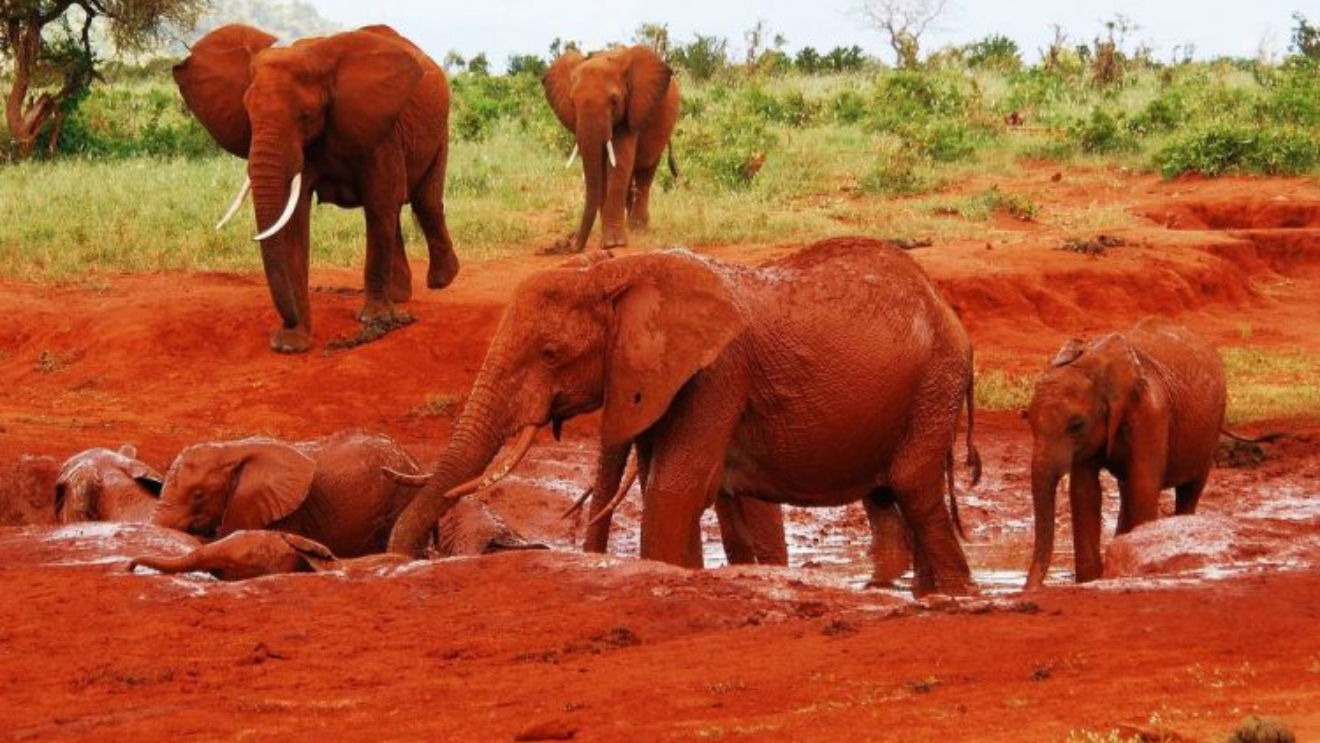
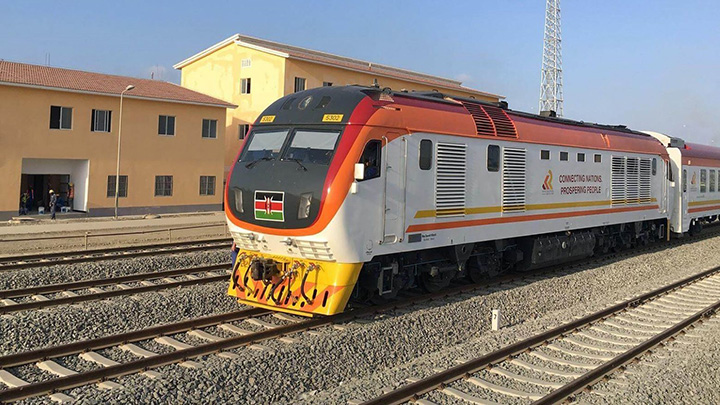

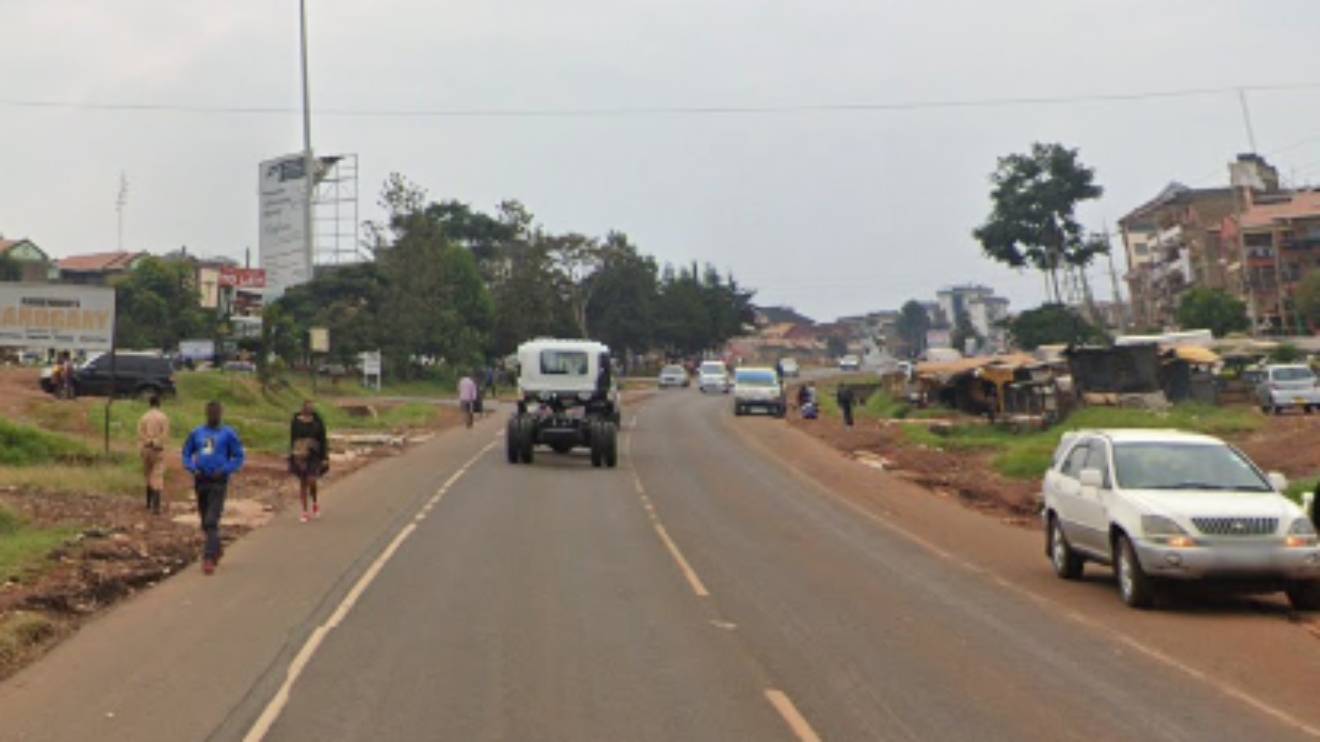
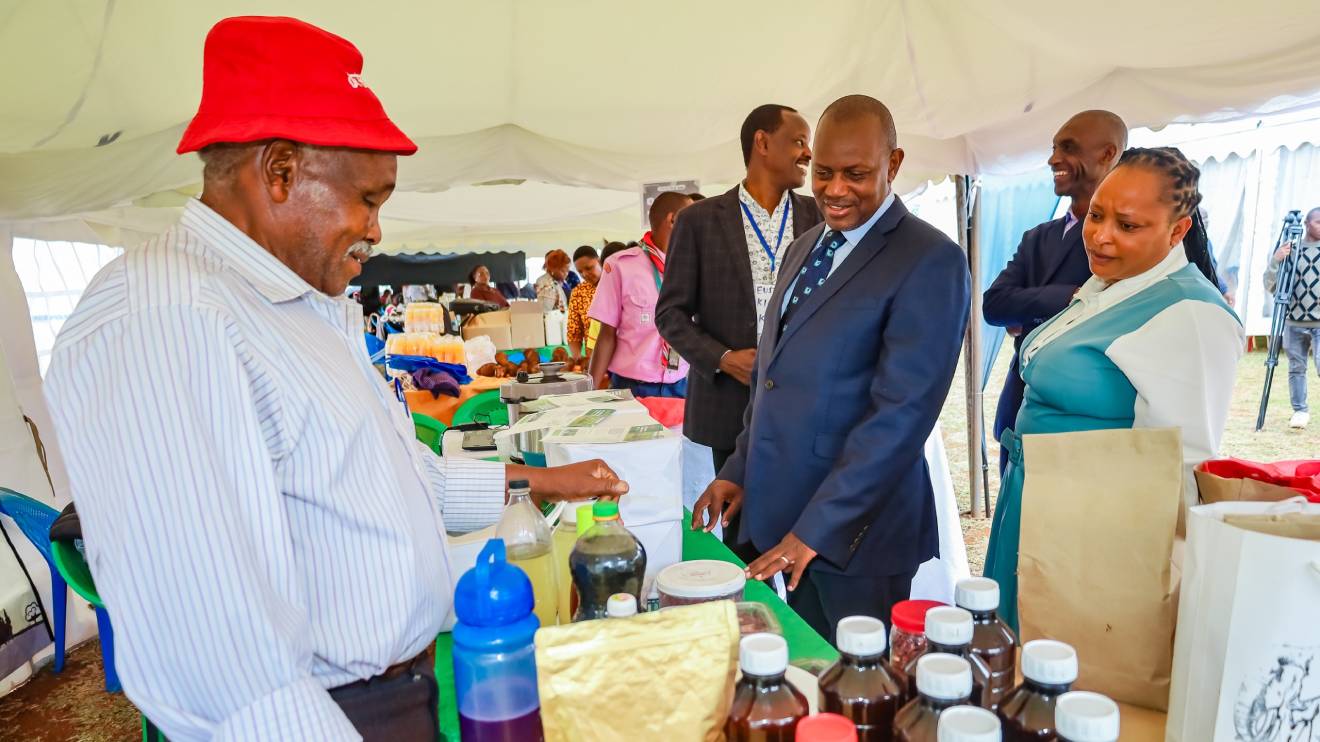

-1752586683.jpg)
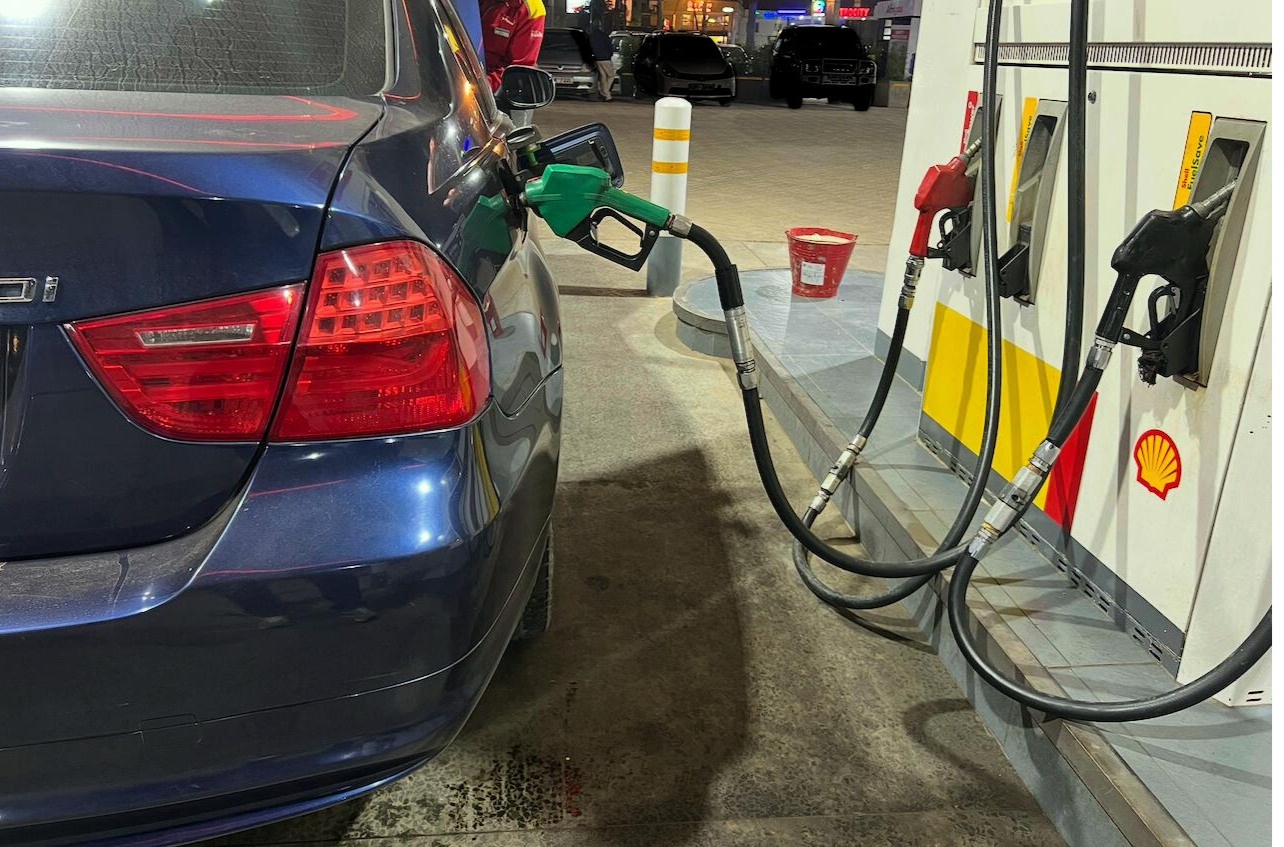
 (1)-1752516757.jpg)
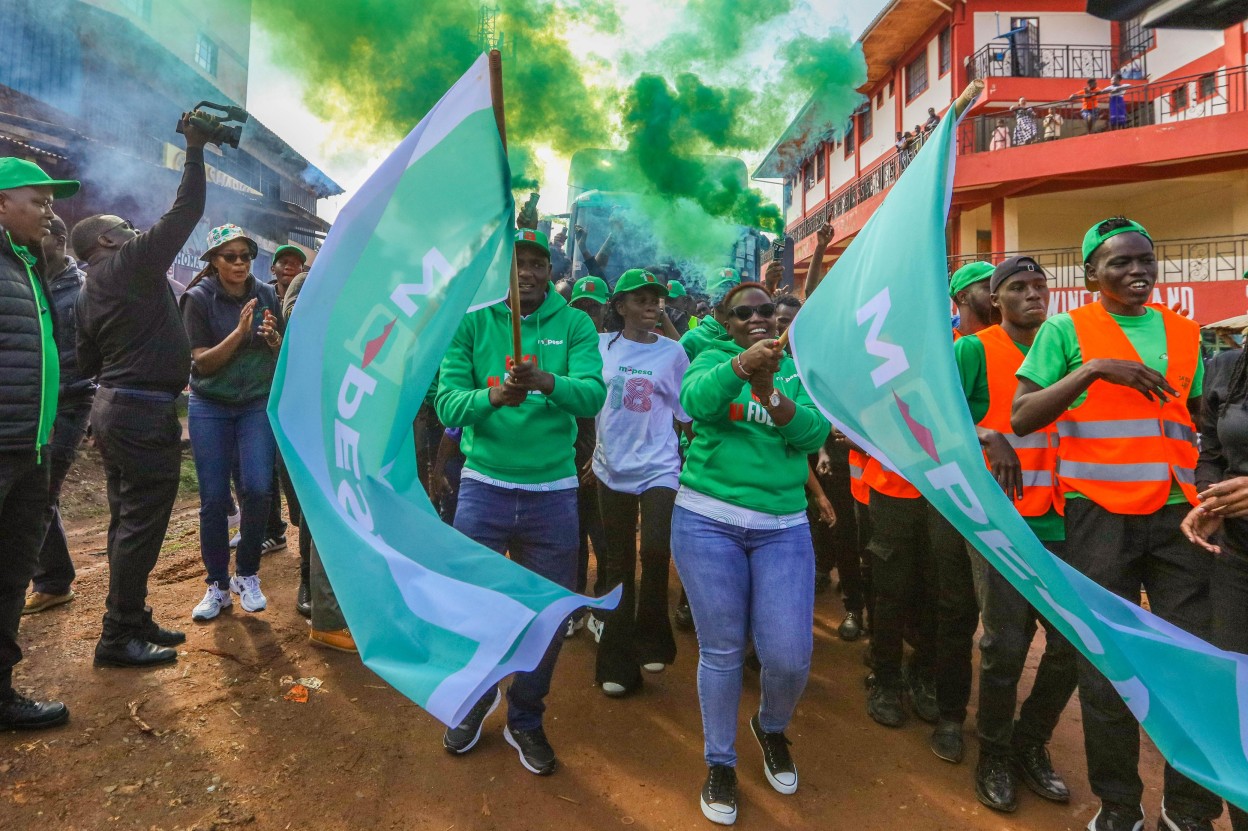
 (1)-1746786193.jpg)